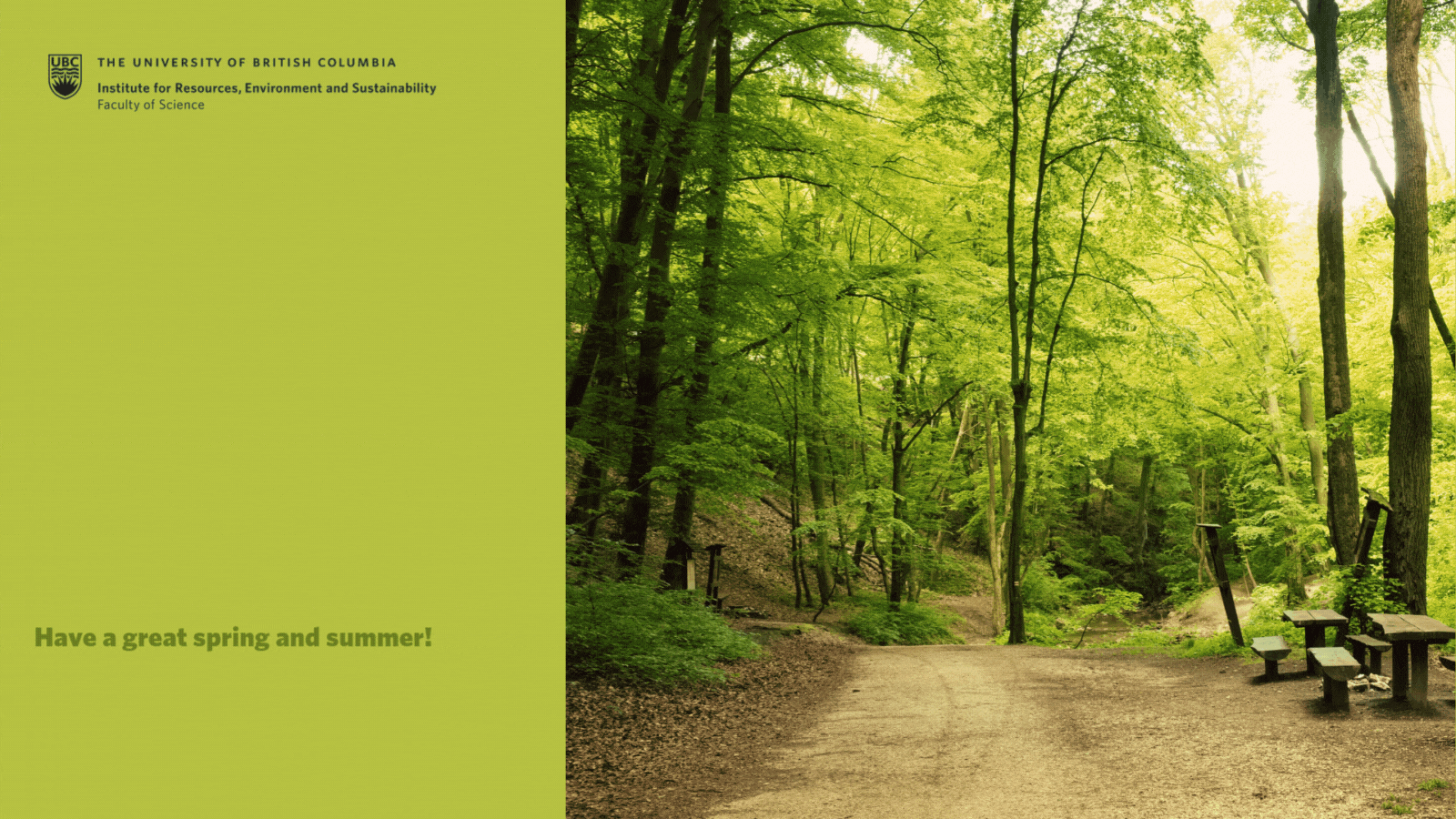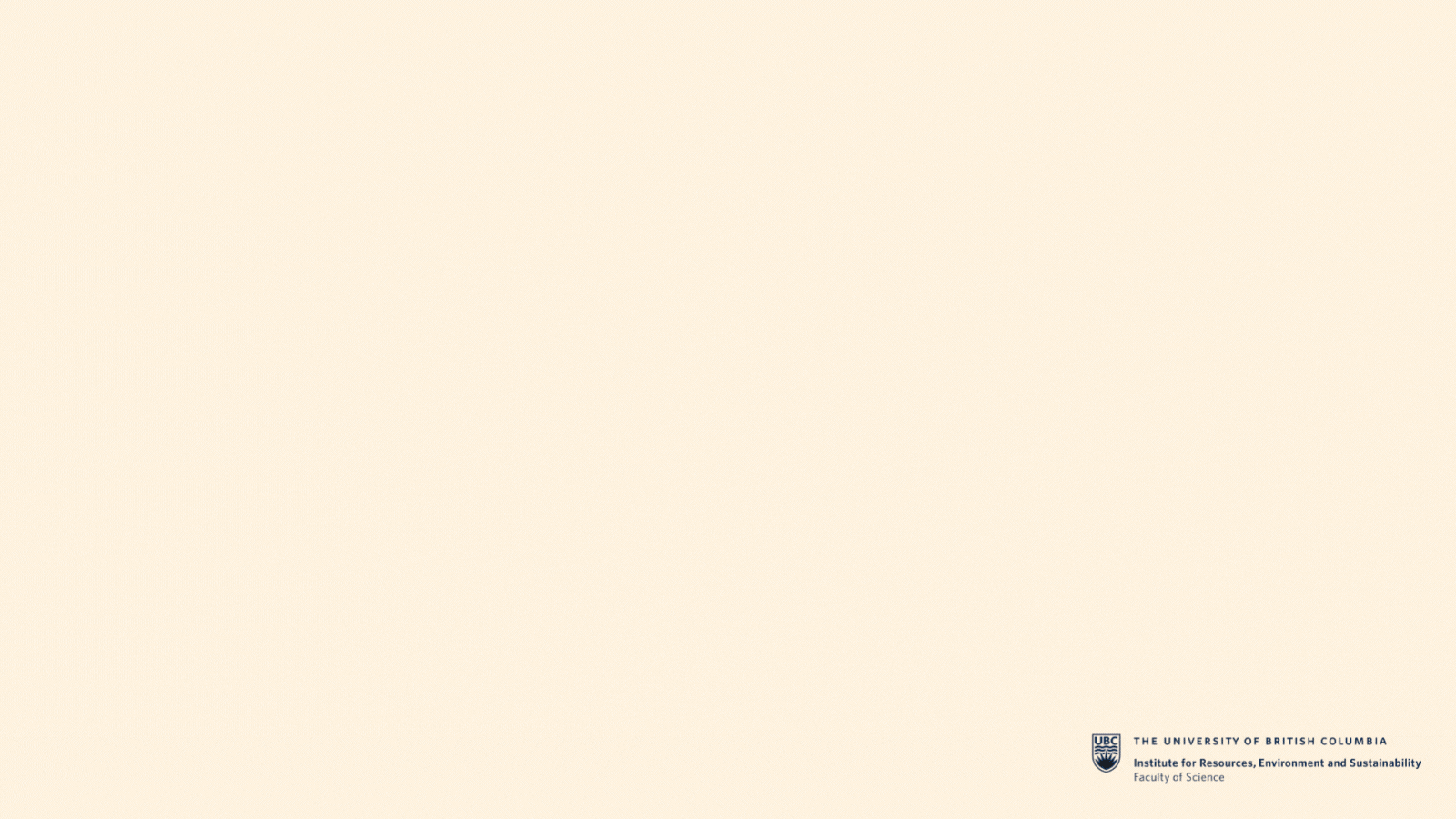
Two global Frontiers Planet Prize winners call for a future of diversified farming
For James and Klassen, who were PhD students at IRES while contributing to the award-winning study, what matters most is what comes next. Will the world be willing to do the hard work of supporting farmers diversify their practices?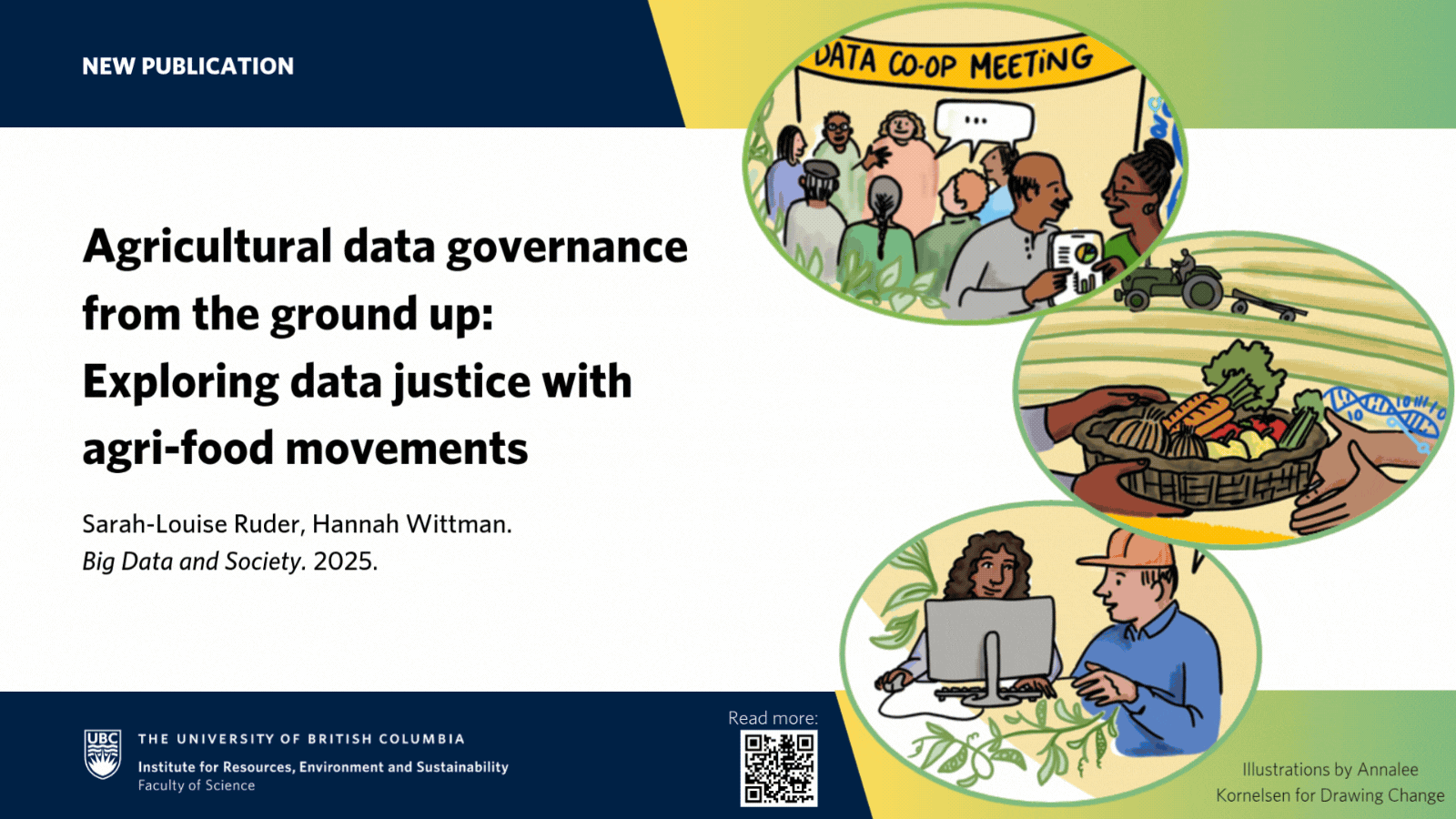
Rethinking agricultural data through a justice lens
Governments are increasingly asking farmers to share more data, especially around environmental concerns like nutrient management. And the private sector is racing ahead with new digital tools. But the question remains: who benefits?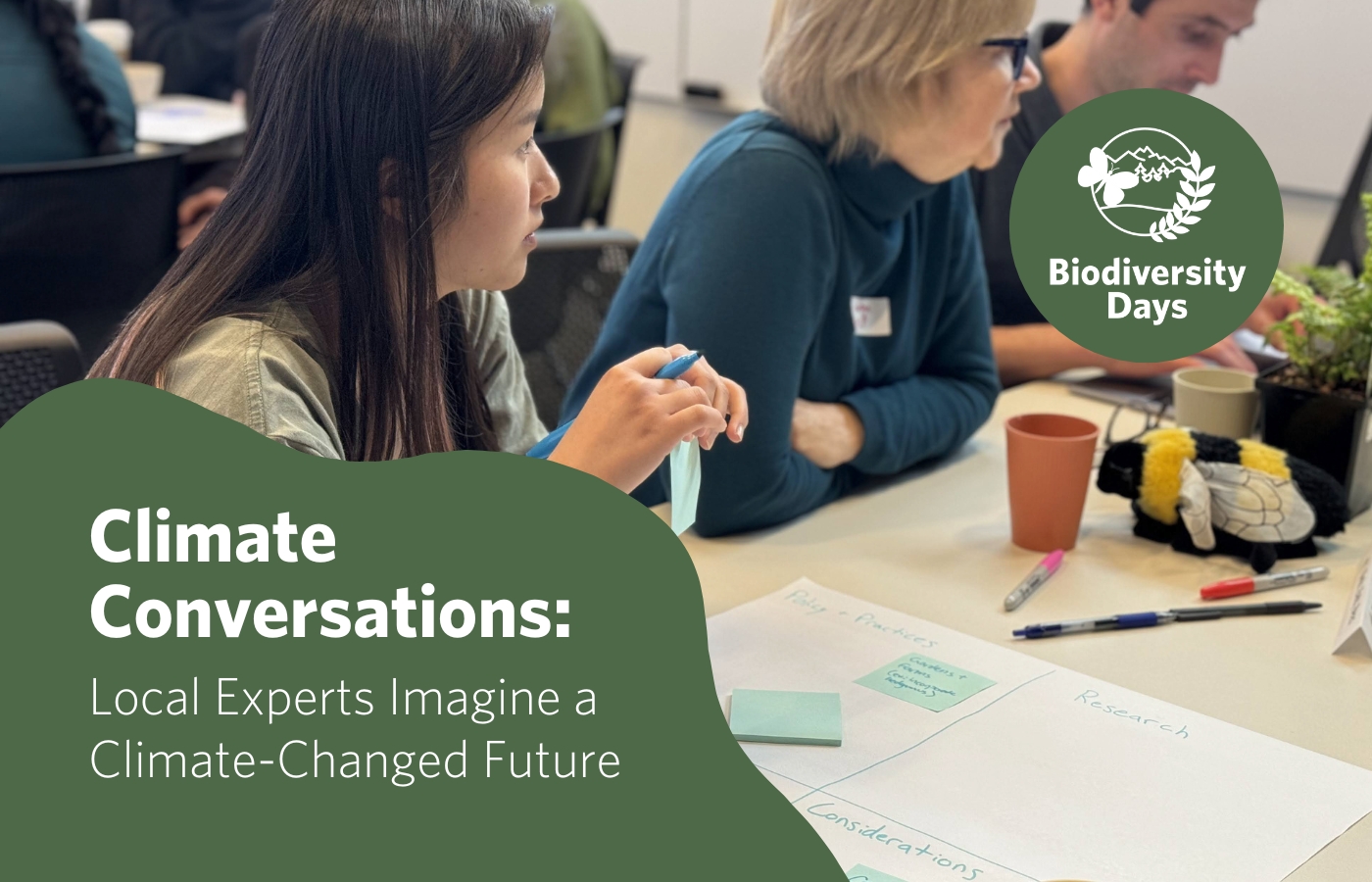
Climate Conversations UBC Botanical Garden | May 22, 8:45am to 4:45pm
IRES's Dr. Kai Chan will be one of the expert panelists speaking alongside Keynote Speaker Lisa Brideau, author of Adrift (winner of the 2024 Evergreen Award) and senior sustainability specialist with the City of Vancouver.
This is a climate election
Dr. Simon Donner is featured in the analysis of the main party platforms on climate change seems to suggest that emissions would continue a gradual decline under a Mark Carney government, but not under one run by Pierre Poilievre.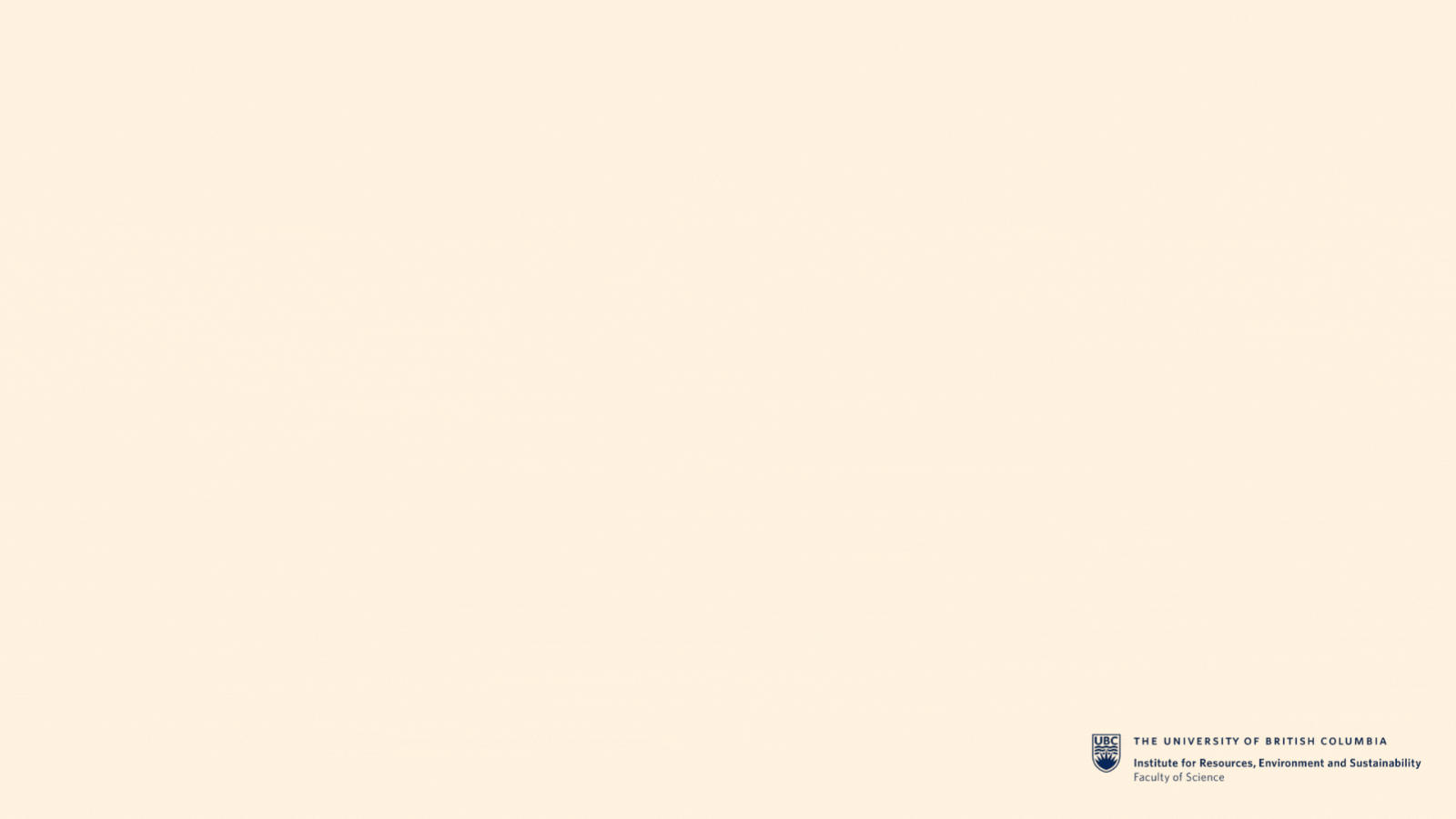
Farm-diversification research wins high kudos
An international group of researchers, including IRES alum and current faculty, are named U.S. national champions of the Frontiers Planet Prize for research that finds environmental and social benefits of agricultural diversification.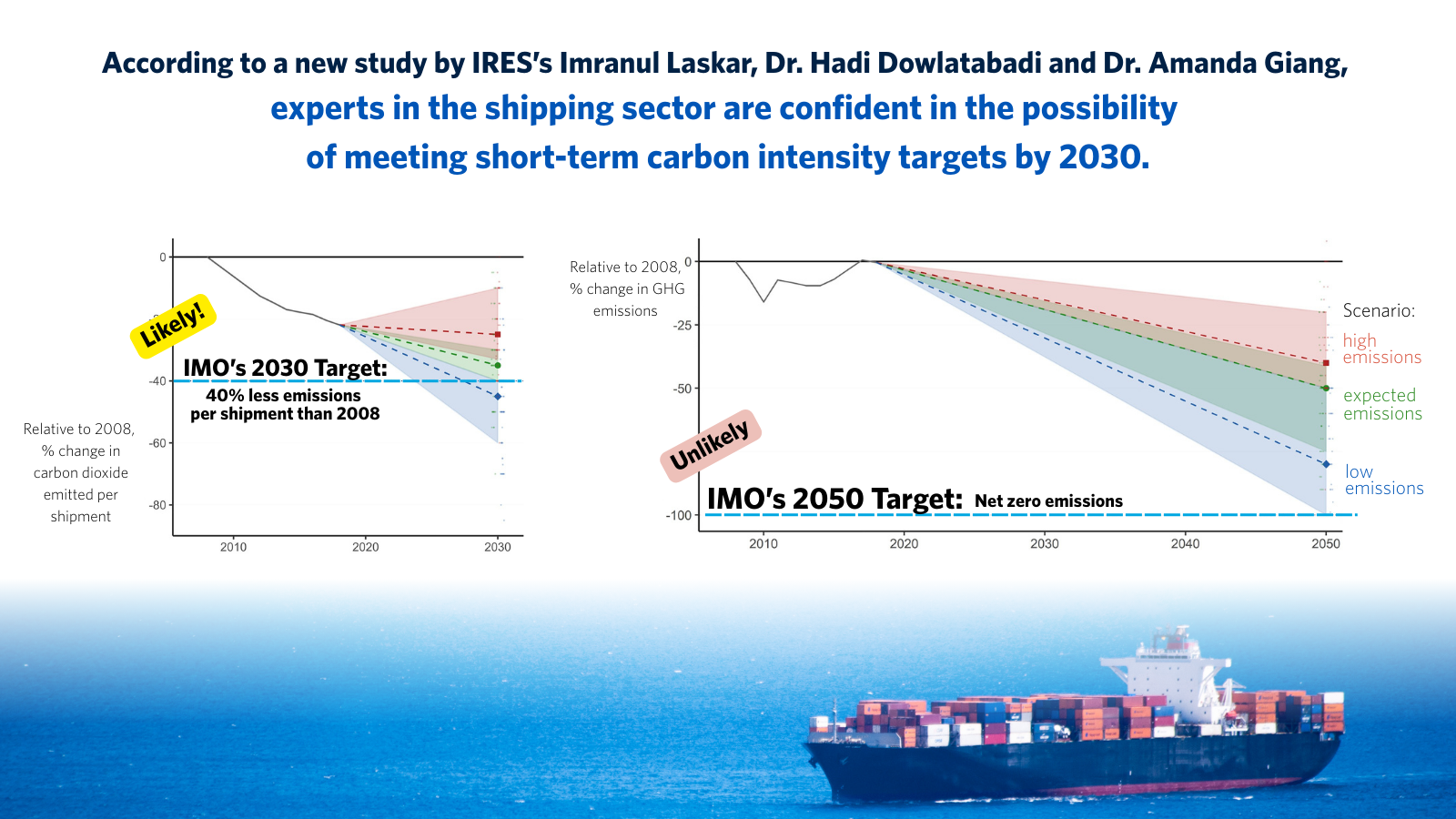
Q&A: How maritime experts are charting a course to cut emissions by 40% per shipment by 2030
While international shipping accounts for over 3% of global greenhouse gas emissions, there’s optimistic news emerging from the experts working to decarbonize this critical sector. According to a new study by IRES’s Imranul Laskar, Dr. Hadi Dowlatabadi and Dr. Amanda Giang, many experts in the shipping sector are confident in the possibility of meeting short-term […]
Solid Carbon receiving $24 million to advance ocean-based carbon dioxide removal
Dr. Terre Satterfield is co-leading a $24-million initiative over six years through the Government of Canada’s NFRF to advance the Solid Carbon research project—one of the most promising ocean-based carbon dioxide removal (CDR) initiatives of the modern era to combat the climate crisis.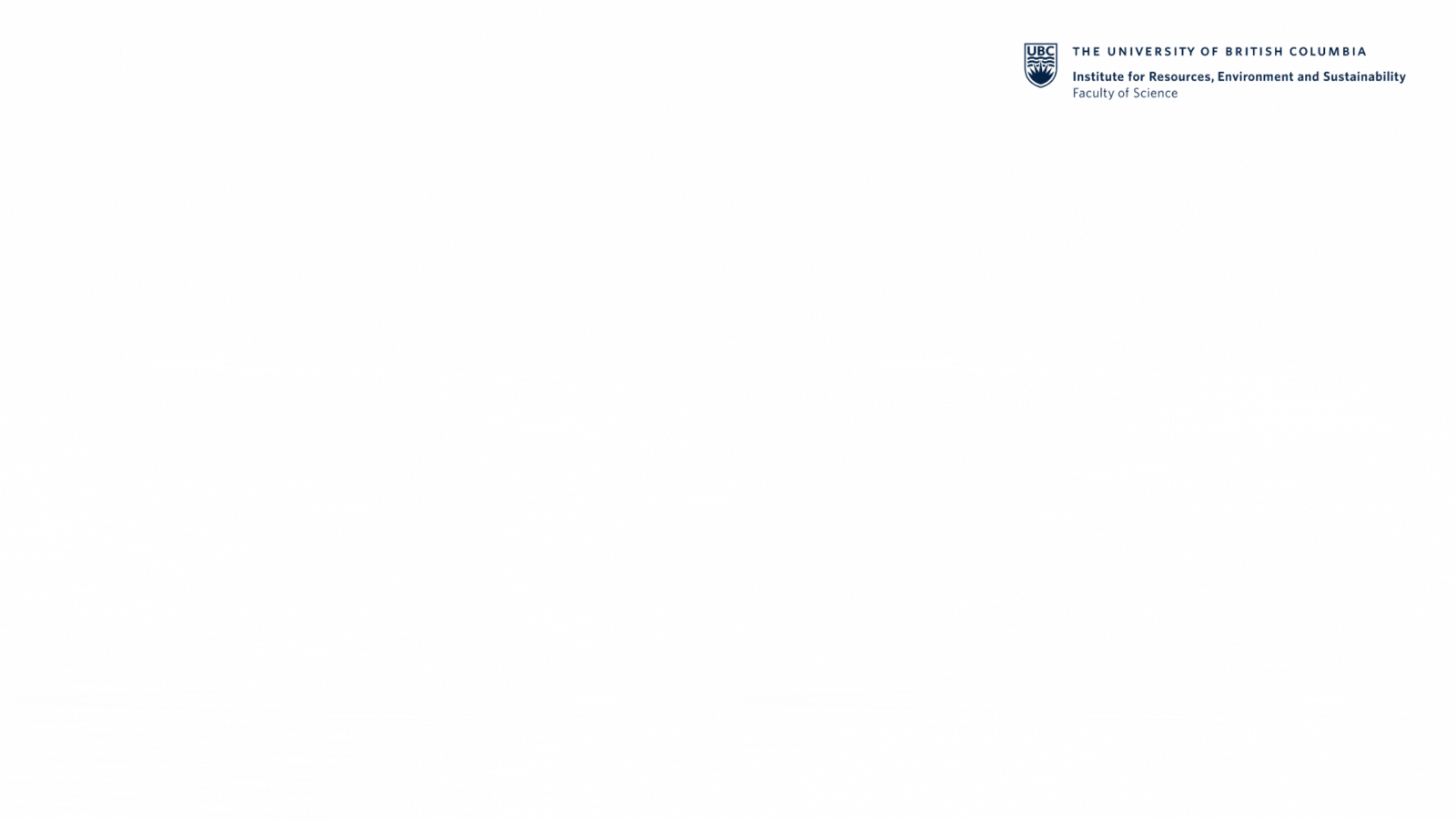
$22 million awarded to Indigenous-led and multi-institutional research project for Indigenous and community-based approaches to chemical risk management
IRES has partnered with 20 researchers and collaborators from Canada and Aotearoa (New Zealand) on a large international research initiative that puts Indigenous experts as leaders in designing how chemical risk is evaluated and managed.
The age of extinction – Why fear of billion-dollar lawsuits stops countries phasing out fossil fuels
A UN report by Dr. David Boyd has been featured in the Guardian to explain how companies can sue governments for closing oilfields and mines – and this risk of huge damages is already stopping countries from passing green laws!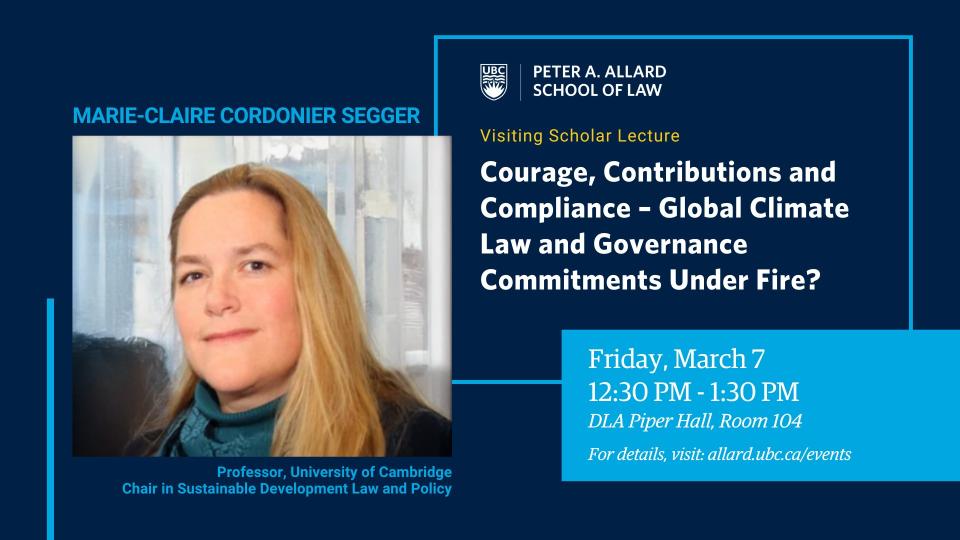
Courage, Contributions and Compliance – Global Climate Law and Governance Commitments Under Fire? | March 7 12:30pm
In these turbulent times for global collaboration to tackle climate change, Prof Marie-Claire Cordonier Segger, inaugural Chair in Sustainable Development Law and Policy at Lucy Cavendish College in the University of Cambridge, is calling for awareness, education and action to secure climate justice on all levels, worldwide.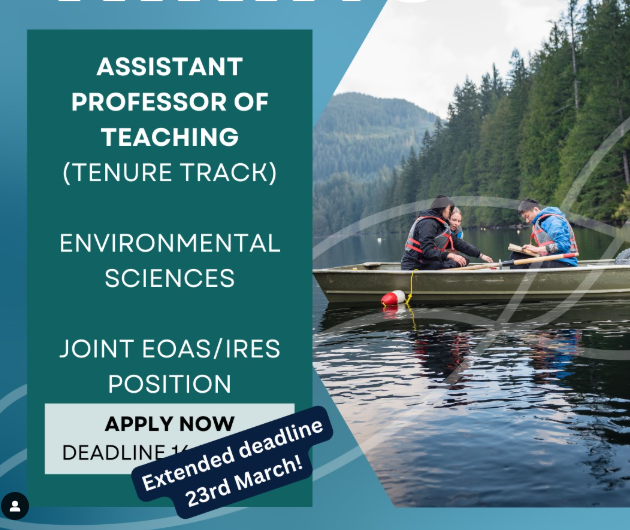
Job Posting: Associate Professor, Faculty of Education
The Department of Earth, Ocean and Atmospheric Sciences and IRES invite applications for the position of Assistant Professor (tenure track) of Teaching in Environmental Science.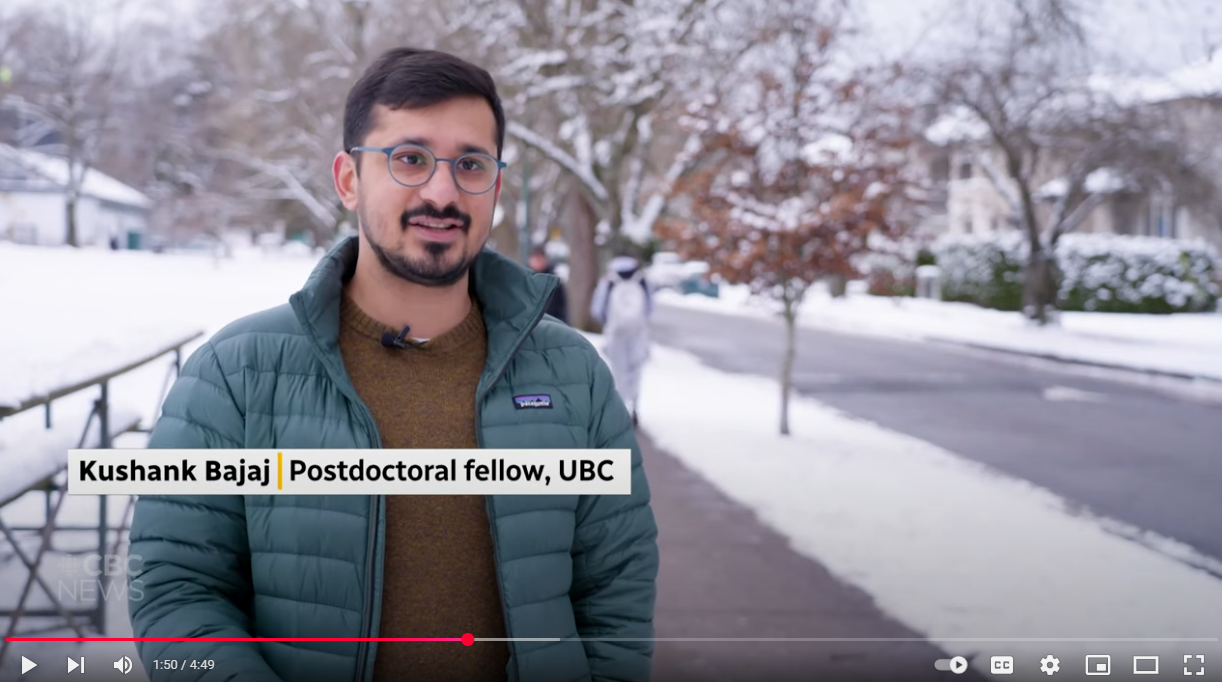
Extreme weather puts pressure on fruit and vegetable costs and supply | CBC
Climate change is causing more heat domes and deep freezes, and as the CBC's Camille Vernet explains extreme weather affects food prices and supply.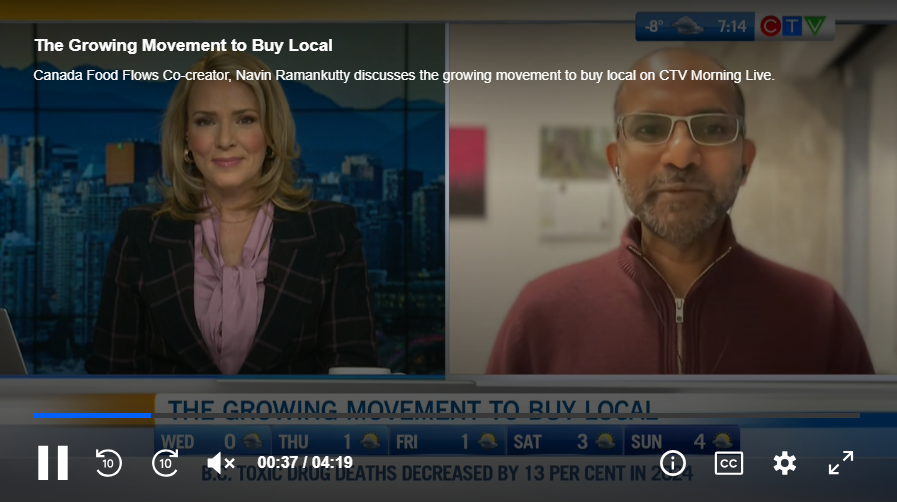
The Growing Movement to Buy Local | CTV News
Canada Food Flows Co-creator, Navin Ramankutty discusses the growing movement to buy local on CTV Morning Live.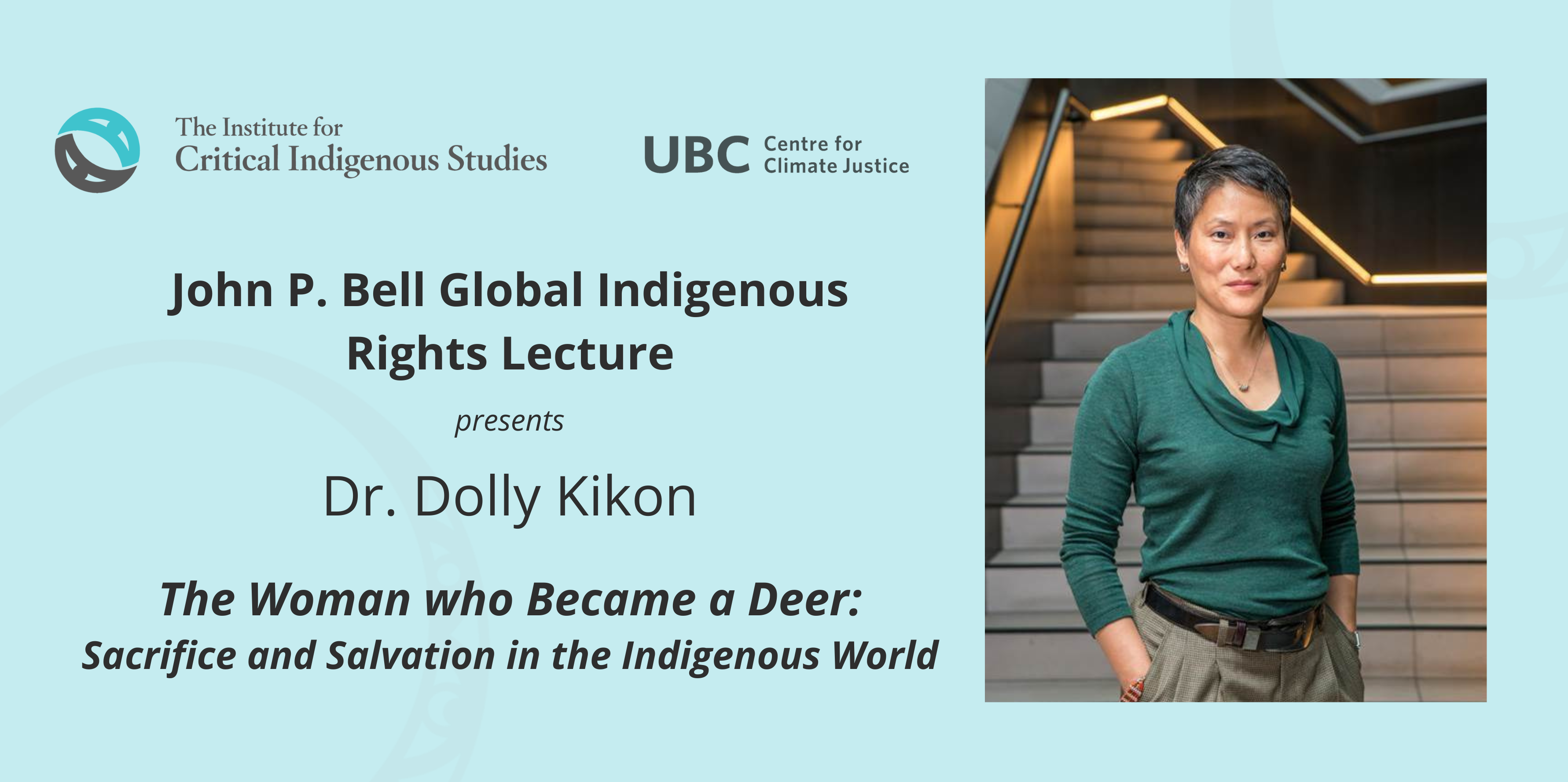
John P. Bell Global Indigenous Rights Lecture presents Dr. Dolly Kikon | March 13 5:30pm
The Woman who Became a Deer: Sacrifice and Salvation in the Indigenous World In this talk, I present the Naga world through stories and focus on the web of connections about sacrifice and salvation. I invite you to meditate on knowledge, culture, and sustainability that are grounded in everyday lives of the Naga world. Far from romanticising Indigenous cultures as timeless, I draw attention to ongoing challenges such as extractive regime, structural violence, and inequality. Drawing from my ongoing engagements on repatriation, reconciliation, and redistribution, I offer some reflections about working together to humanize and care for one another, and dwell on Indigenous values as possible pathways of holding on to hope and healing during uncertain times. -Dr. Dolly Kikon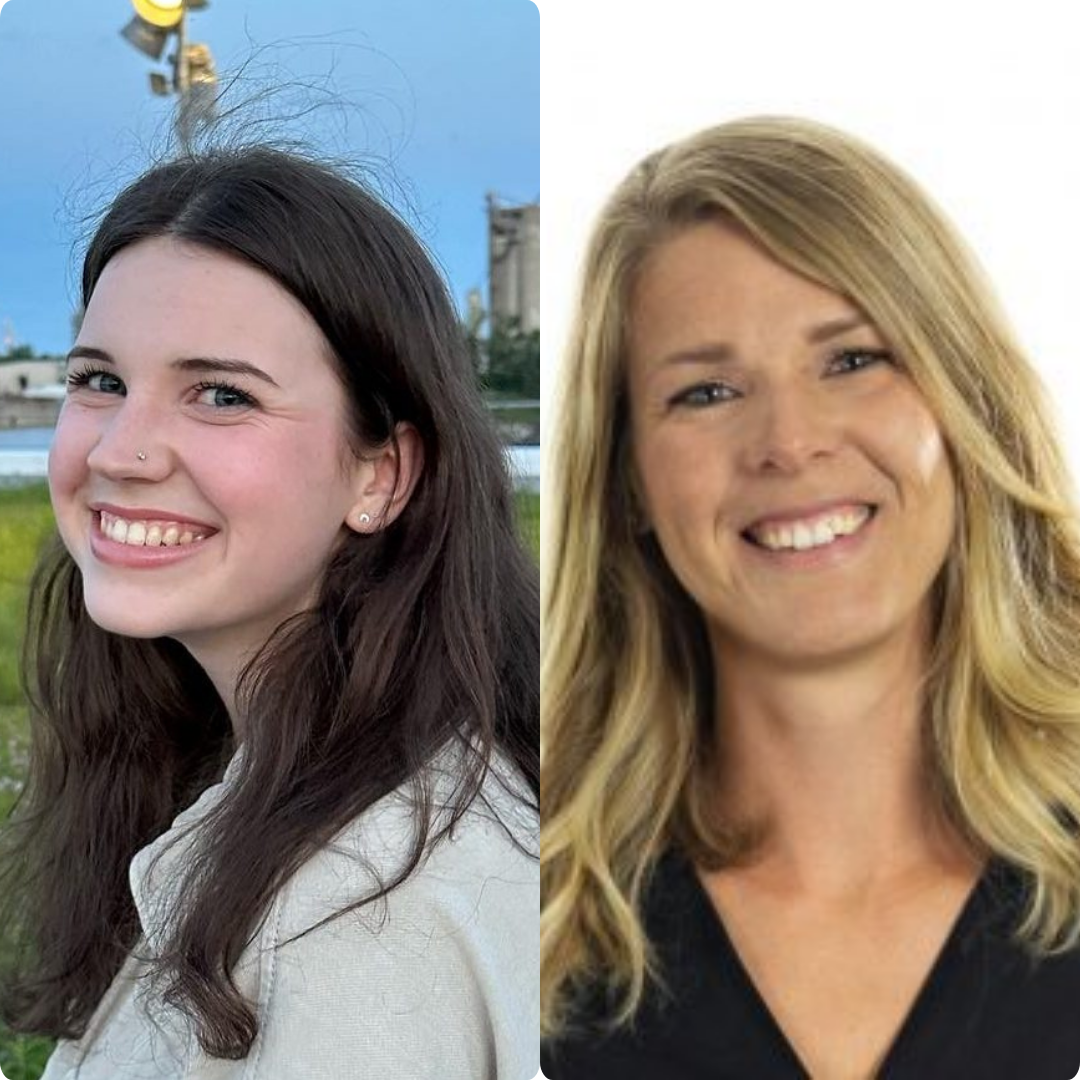
March 20, 2025: IRES Student Seminar with Sam Gorle and Verena Rossa-Roccor
Talk 1: Simulating the Impacts of Hedgerow Restoration on Metapopulation Capacity in Southern Ontario. Talk 2: Academics as activists: exploring and building political knowledge mobilization capacities to influence climate policy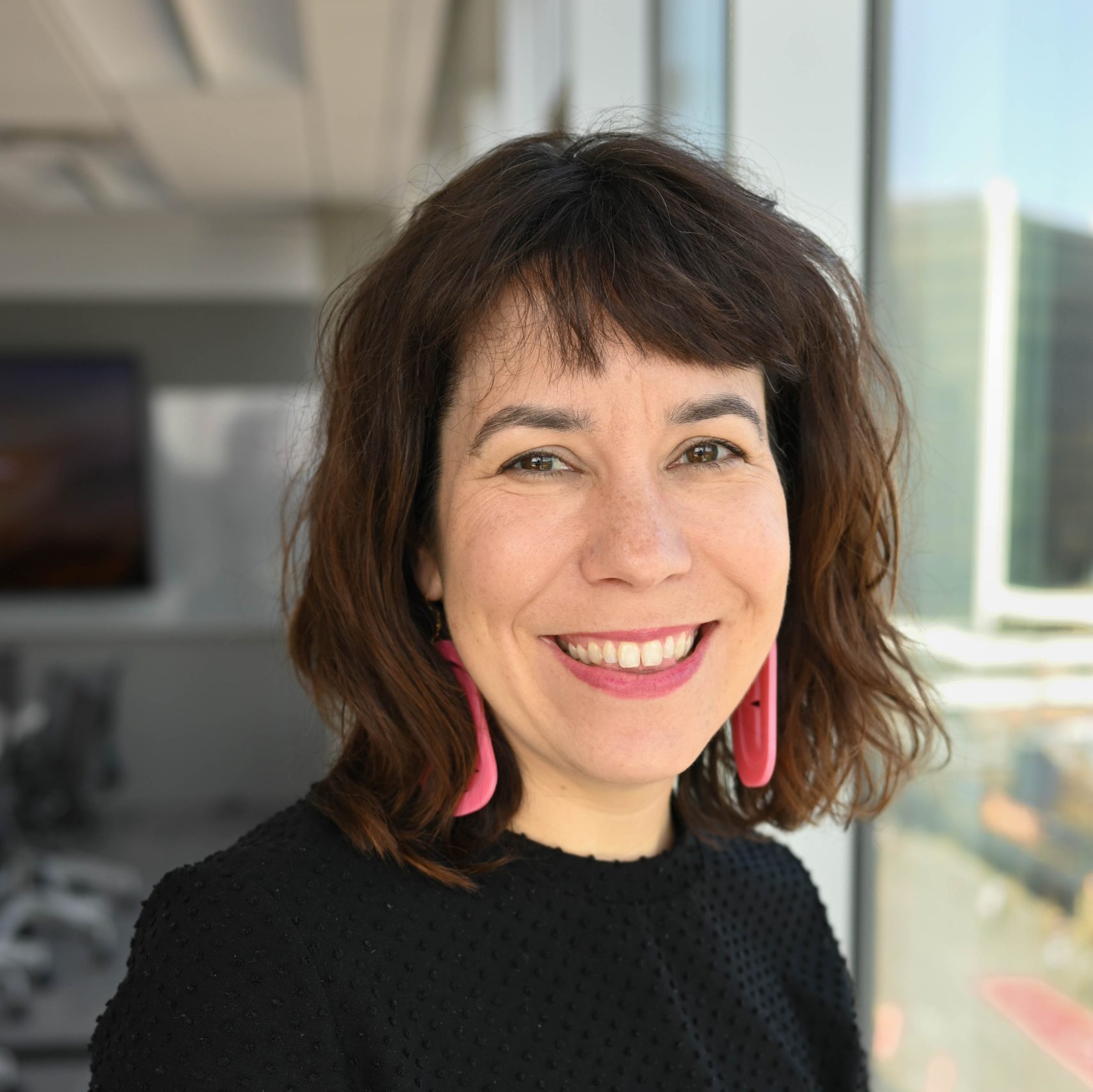
April 3, 2025: IRES Professional Development Seminar with Angela Danyluk
So you want to save the planet? Join Angela Danyluk, Manager of Climate Adaptation and Equity at the City of Vancouver, for stories about working in local government on climate action and environmental policy.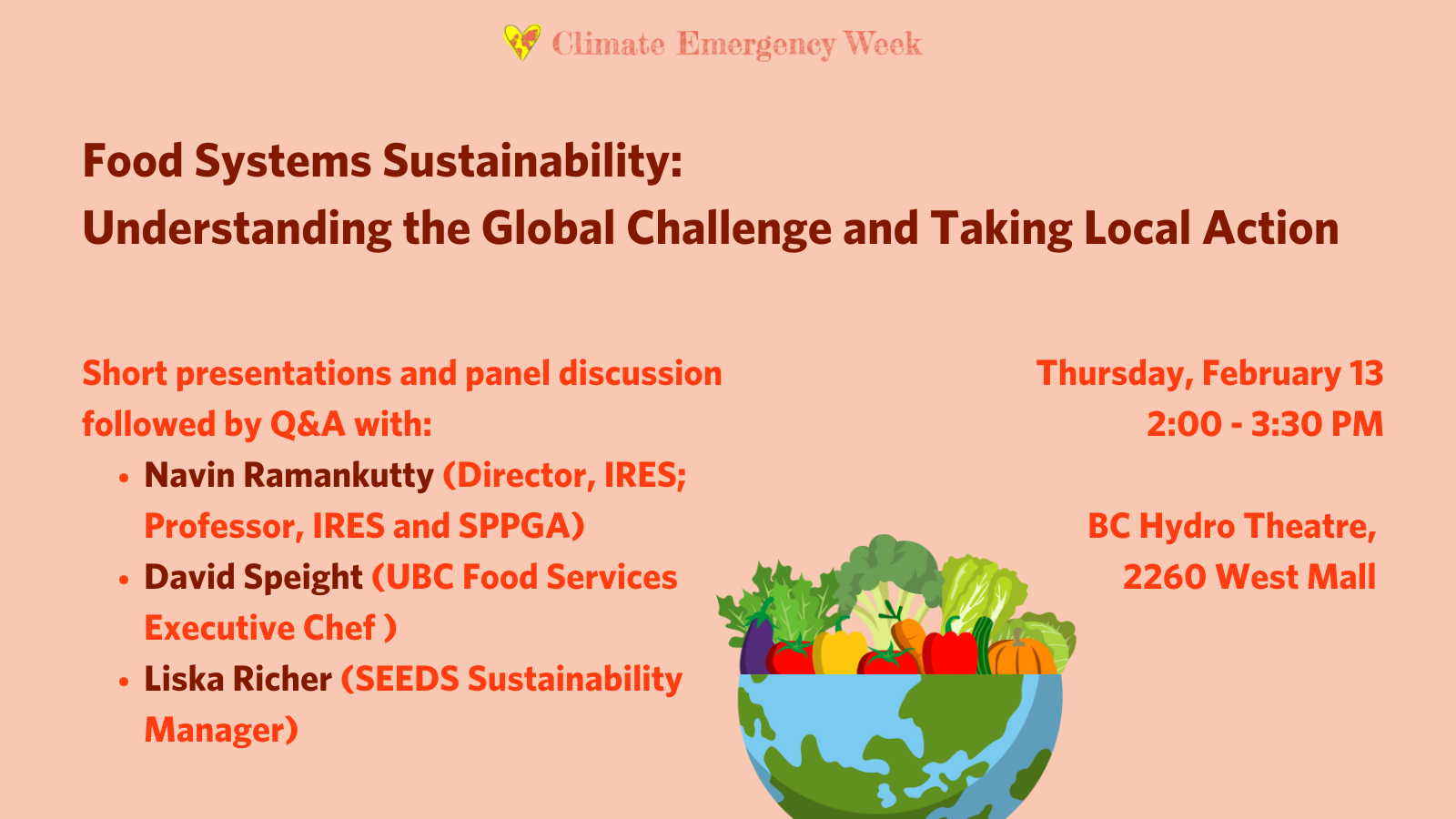
Food Systems Sustainability: Understanding the Global Challenge and Taking Local Action | Feb 13 2pm
Short presentations and panel discussion followed by Q&A with Navin Ramankutty (Director, IRES; Professor, IRES and SPPGA), David Speight (UBC Food Services Executive Chef ), and Liska Richer (SEEDS Sustainability Manager).
March 27, 2025: IRES Faculty Seminar with Dr. Carly Ziter
Carly’s talk is centered in the growing field of urban landscape ecology. With her students, she employs citizen science, environmental sensors, field observations, and social-science methodologies to explore how the landscape structure of our cities influences biodiversity, ecosystem services, and their interaction over space and time.
March 6, 2025: IRES Professional Development Seminar with Jeffrey Qi
Transition from UBC to Policy Advisor
